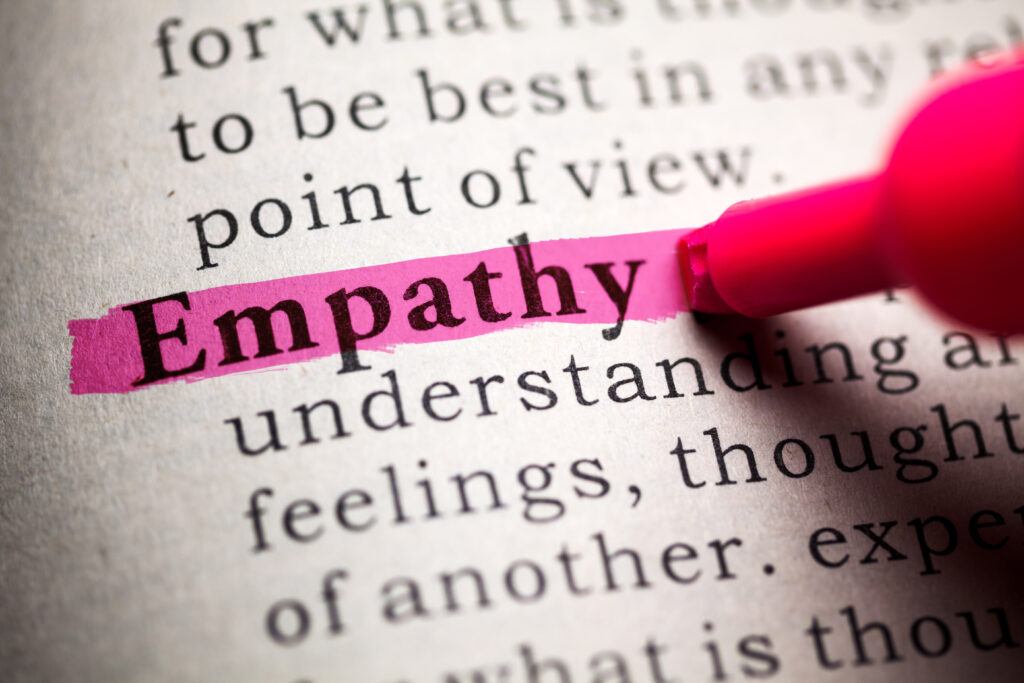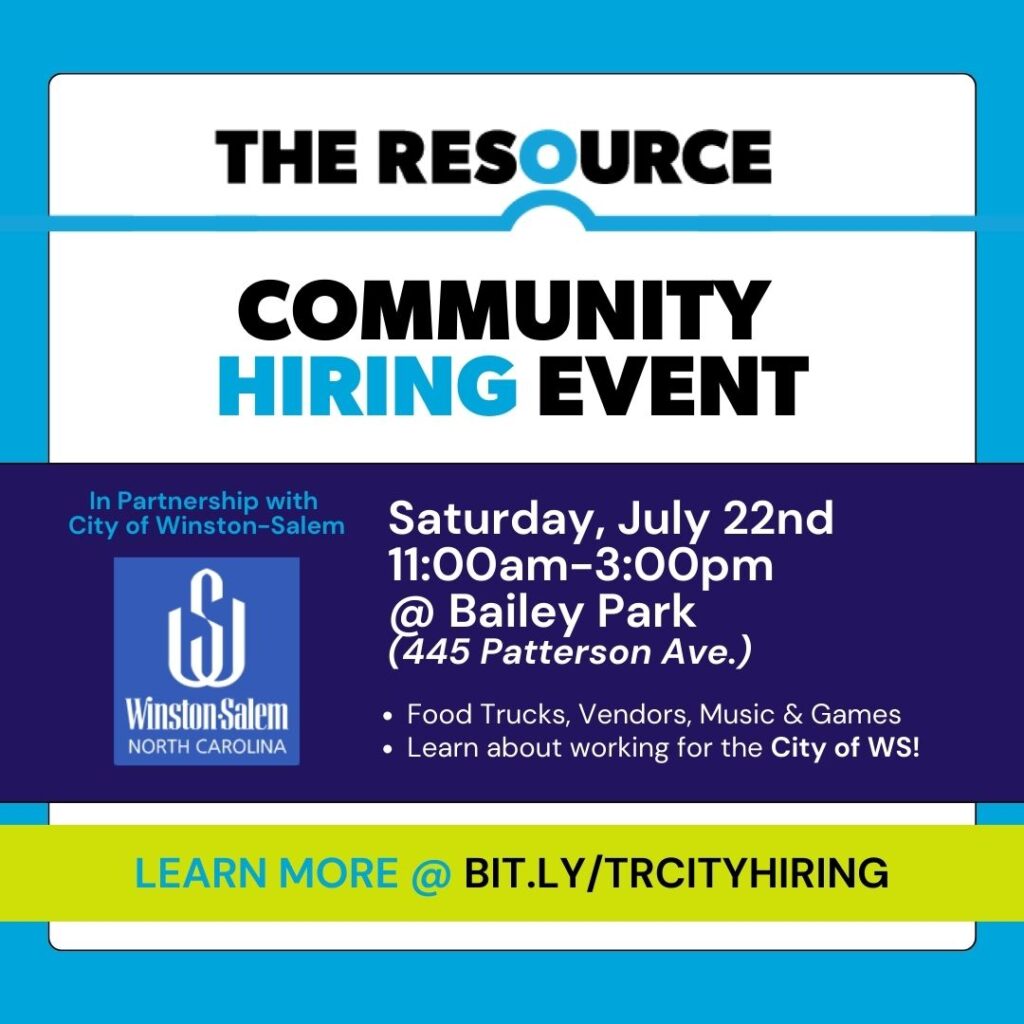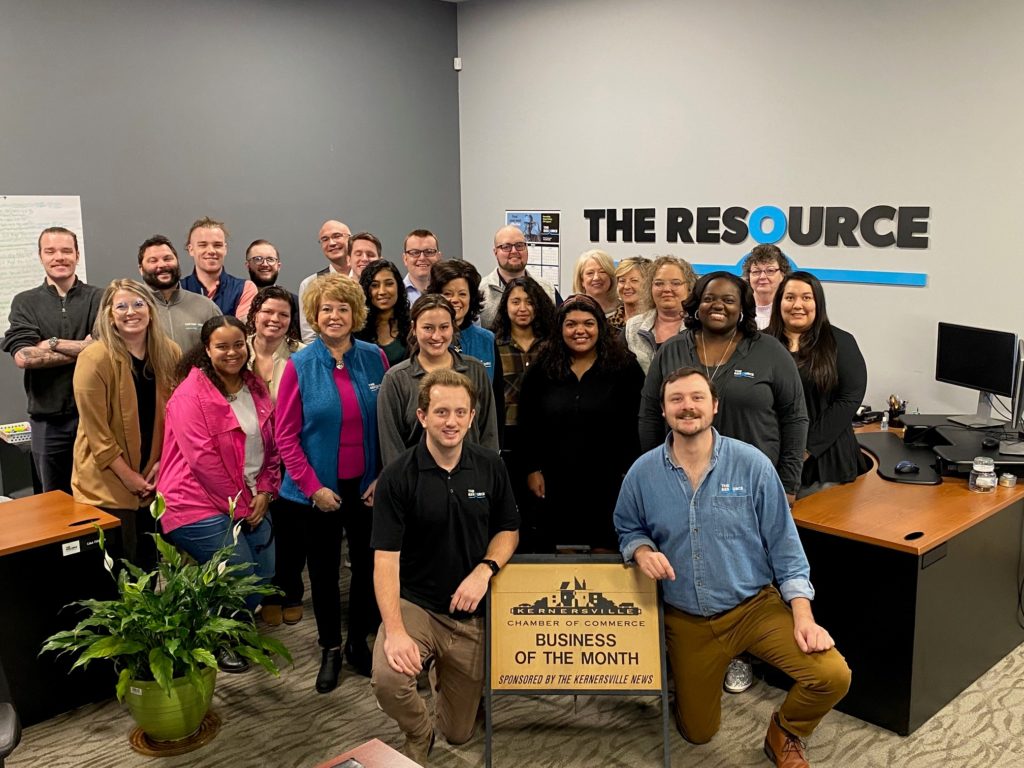The use of artificial intelligence in recruitment is nothing new. For example, employers have long used chatbots to guide people through the application process. Many hiring managers rely on virtual assistants to organize their workflow, and data analysis tools make it faster and easier for recruiters to find connections between candidate resumes and the roles a company seeks to fill. The recent arrival of OpenAI’s ChatGPT, though, has spurred new questions about the role of artificial intelligence in the world of staffing and recruitment. More than any other of its predecessors, this new chatbot is extremely capable at mimicking human conversation patterns, a feature that can dramatically increase its ability to interact with candidates during the application process. For example, ChatGPT could be a useful tool for handling some time-consuming communication tasks, such as writing hire (or fire) letters or even conducting interviews. Also, because ChatGPT can “remember” and keep track of many inputs and prompts during one interaction, it’s less likely to get “lost” in conversations and more likely to provide applicants with the information they seek. But is this artificial “human” touch something that organizations should pursue? Many recruiters pride themselves on bringing their unique personalities and approaches to their work. They often talk about the same topics and may even have similar approaches, but each person still has their own voice. As the use of a tool such as ChatGPT becomes more widespread, though, there is a risk that many of these communications can start to sound “same-y.” That can have an adverse effect on an organization’s brand identity. Keep in mind, too, that overuse of ChatGPT can alienate people. One just-published study found that “participants who their partners suspected of responding with smart replies were evaluated more negatively than those who were thought to have typed their own responses.”1 In other words, people much prefer to talk with real people—not with AI. Just because it’s possible to use ChatGPT in a particular situation doesn’t mean it should be used. Context and tone matter—and AI isn’t always appropriate for all circumstances. (Remember the widespread public outrage that ensued last February when school administrators sent the Vanderbilt University student body a ChatGPT-generated e-mail in the wake of the mass shooting at Michigan State University a few days earlier?) There are still many other unknowns about ChatGPT. How much will it cost? What if it channels its inner HAL-9000 and goes rogue in unpredictable ways—say, by legally binding the organization to buy a candidate a Porsche and give them 200 PTO days per year? For now, at least, the limitations of ChatGPT are very real. AI has the potential to be a job creator just as much as a job killer. It remains to be seen exactly how it will affect recruitment and staffing. One thing is certain, though: it will be an industry disruptor.











